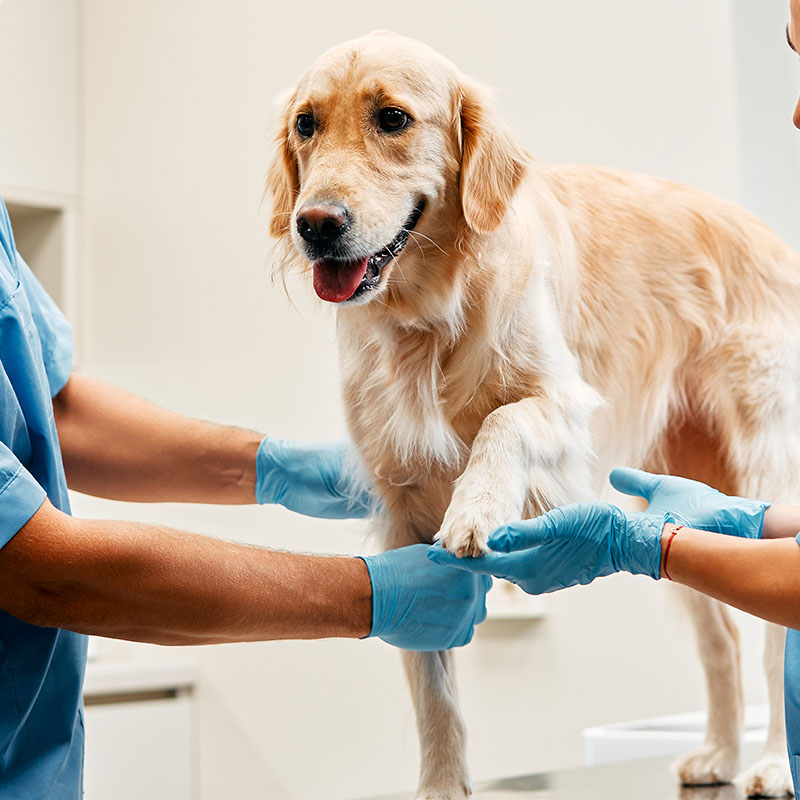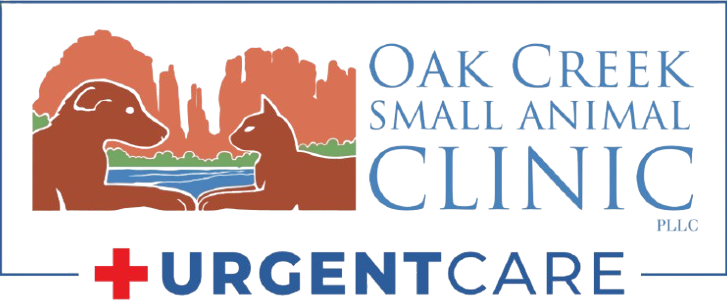Surgery is sometimes necessary to treat a variety of conditions and injuries in pets. It may be required for:
Pet Surgery in Sedona, AZ
Pet Surgery
Many conditions require surgery
Surgery may be performed to treat a number of veterinary problems. It may be needed to repair serious wounds, stop bleeding or to repair broken bones, after an accident.

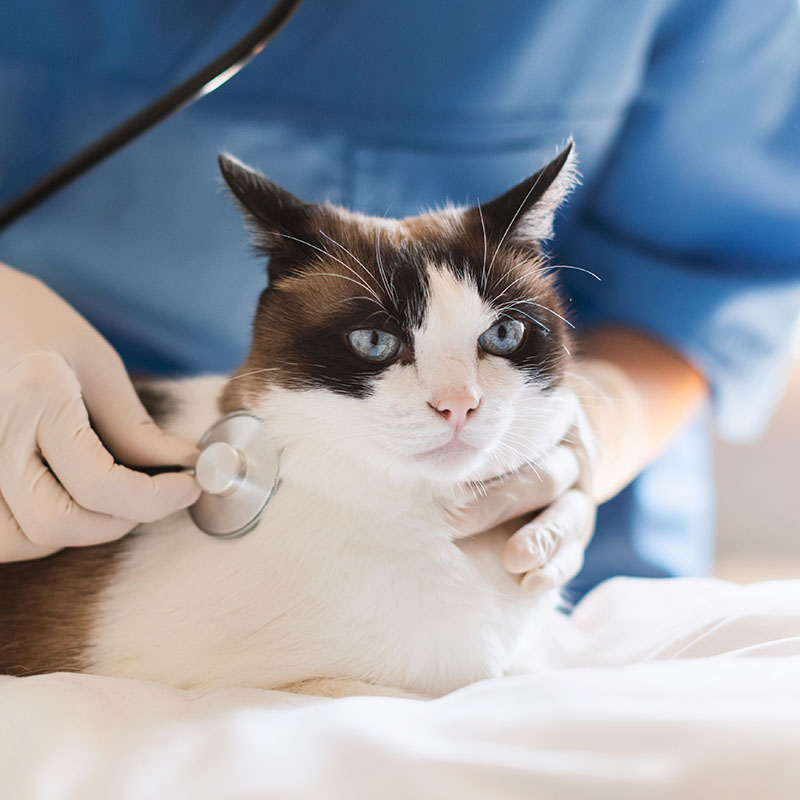
Conditions That May Require Pet Surgery
- Sexual Sterilization: To remove certain reproductive organs, making the animal unable to produce offspring and eliminating behavior that is related to the breeding instinct. Painless to the animal as it is done under general anesthesia.
- Wound Repair & Bleeding Control: To treat serious wounds, stop bleeding, or repair injuries from accidents.
- Fractures & Broken Bones: To repair broken bones or fractures, often after an accident.
- Congenital Issues: To correct birth defects or conditions specific to certain breeds (e.g., hip dysplasia, displaced kneecaps).
- Eye Disorders & Injuries: To treat serious eye conditions or injuries that may threaten vision.
- Abdominal Obstructions: To remove blockages, such as foreign objects or impacted material in the digestive system.
- Tumor Removal: To excise cancerous tumors or benign growths that may impact your pet’s health.
Concerns about Anesthesia
Many pet owners have concerns about the use of anesthesia during surgery, but rest assured that:
- Safety & Testing: Anesthesia drugs used on animals are rigorously tested for safety and effectiveness.
- Pre-Surgery Testing: Our veterinary team will conduct a series of tests to determine your pet’s suitability for surgery.
- Monitoring During Surgery: To keep your pet safe during surgery we use state-of-the-art human-grade anesthetic monitors that give us continuous ECG, blood pressure, pulse oximetry, and carbon dioxide readings in addition to more basic vital parameters. We also assign a human monitor for every procedure using their eyes, ears, hands and trained knowledge to advocate for their patient.
- Minimal Risk: The risk of anesthesia complications is very low, and pets recover quickly from its effects.
If you have any concerns or questions about anesthesia and your pet’s safety, our veterinary team will gladly discuss them with you.
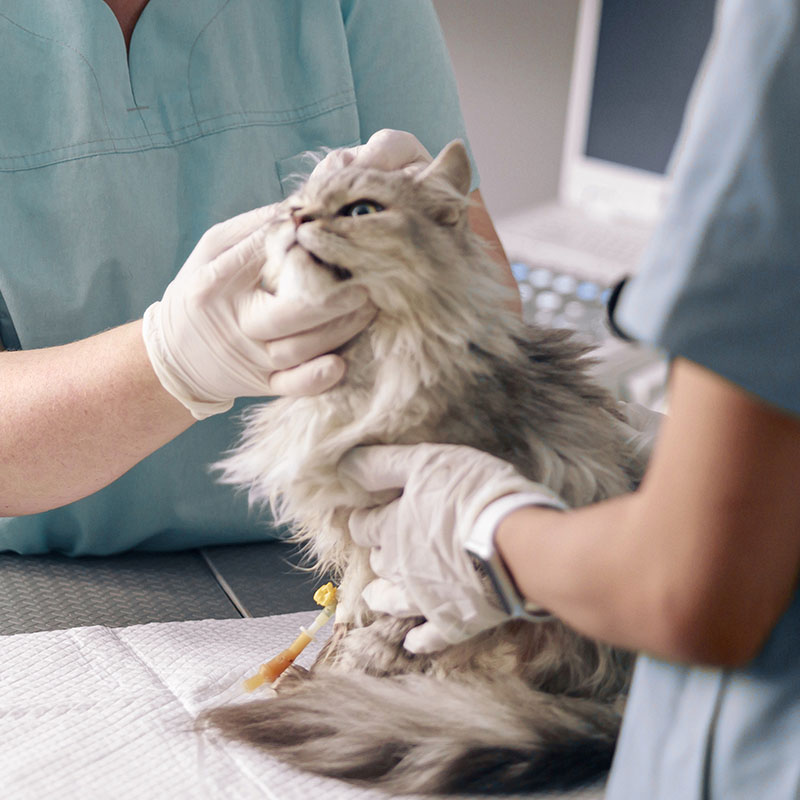
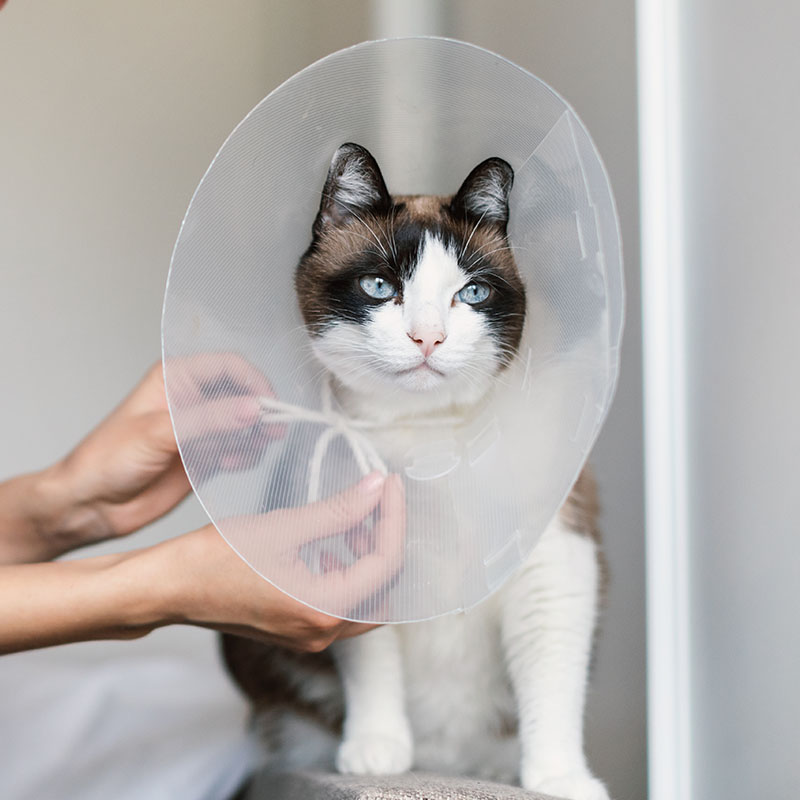
Pet Owners Play an Important Role in Recovery
Your involvement in your pet’s recovery after surgery is essential for a smooth healing process. After surgery, you may be responsible for:
- Wound Care: Changing dressings, monitoring for infection, and keeping the surgical site clean.
- Pain Management: Administering prescribed pain medications as directed by our veterinary team.
- Diet & Exercise: Ensuring proper feeding and controlled activity levels to support healing.
- Follow-up Visits: Attending scheduled check-ups, physical therapy, or additional treatments as necessary.
Your pet’s recovery timeline will depend on the type of surgery, but with proper care, your pet will gradually resume normal activities.
Choose Oak Creek Small Animal Clinic for Pet Surgery
